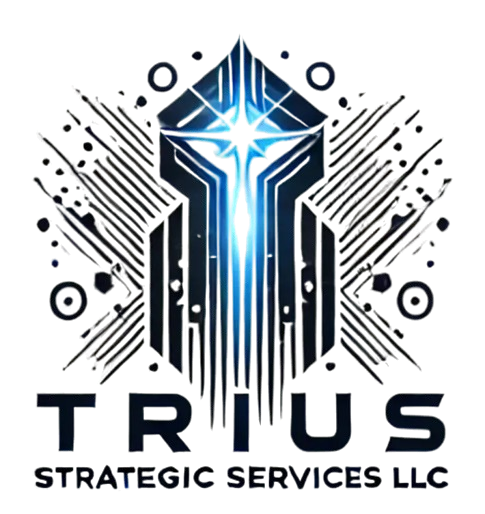In the world of nonprofit organizations, community projects, and innovative initiatives, securing funding can be a significant hurdle. Grant writing is a critical skill that can open doors to vital resources needed for growth and impact. Crafting compelling grant proposals is not just about presenting a request for money—it’s about telling a story, demonstrating need, and showcasing your project’s potential. Here’s a comprehensive guide to mastering the art of grant writing and increasing your chances of securing funding.
What Is Grant Writing?
Grant writing involves creating detailed proposals to request funding from government agencies, foundations, and other grant-giving organizations. A well-written grant proposal outlines your project or program, the need it addresses, and how the funding will be used to achieve specific goals.
Why Grant Writing Matters
- Securing Funding: The primary goal of grant writing is to secure financial support for your project or organization. Effective grant writing can mean the difference between receiving substantial funding or missing out on crucial resources.
- Demonstrating Impact: A strong grant proposal demonstrates the potential impact of your project. It showcases how your initiative aligns with the funder’s priorities and how it will benefit the community or target population.
- Building Credibility: Successful grant writing can enhance your organization’s credibility. Well-prepared proposals reflect professionalism and competence, which can increase trust with funders and stakeholders.
- Strategic Planning: Grant writing forces you to carefully plan and articulate your project. This process helps in refining your goals, developing a clear strategy, and establishing measurable outcomes.
Key Components of a Successful Grant Proposal
- Executive Summary: This is a concise overview of your proposal, summarizing the project’s purpose, goals, and the amount of funding requested. It should capture the funder’s interest and provide a snapshot of what’s to come.
- Statement of Need: Clearly articulate the problem or need your project addresses. Use data, research, and real-life examples to illustrate the significance of the issue and why it requires funding.
- Project Description: Provide a detailed plan of your project, including objectives, activities, and timelines. Explain how the project will be implemented, who will be involved, and what methods will be used.
- Budget: Present a clear and realistic budget that outlines how the grant funds will be allocated. Include all necessary expenses and justify each item to show that the budget aligns with the project’s goals.
- Evaluation Plan: Describe how you will measure the success of your project. Include specific metrics, methods of evaluation, and how the results will be used to assess the project’s effectiveness.
- Sustainability: Explain how the project will continue beyond the grant period. Funders want to know that their investment will have a lasting impact and that there is a plan for long-term sustainability.
Tips for Effective Grant Writing
- Research Funders: Understand the priorities and interests of potential funders. Tailor your proposal to align with their goals and demonstrate how your project fits within their mission.
- Follow Guidelines: Carefully read and adhere to the funder’s guidelines and requirements. Missing details or failing to follow instructions can lead to automatic rejection.
- Be Clear and Concise: Write clearly and avoid jargon. Ensure your proposal is easy to read and understand, presenting your ideas in a logical and compelling manner.
- Proofread and Edit: Review your proposal thoroughly for errors and inconsistencies. Editing is crucial to ensure professionalism and clarity.
- Seek Feedback: Have others review your proposal before submission. Constructive feedback can help refine your proposal and increase its chances of success.
Conclusion
Grant writing is both an art and a science, requiring careful planning, strategic thinking, and persuasive communication. By mastering the key elements of a grant proposal and understanding the needs of funders, you can enhance your chances of securing the funding necessary to bring your project to life. With each successful grant, you not only gain financial support but also move closer to making a meaningful impact in your community or field.
Ready to start your grant writing journey? Follow these guidelines, craft a compelling proposal, and take a significant step towards achieving your funding goals.
